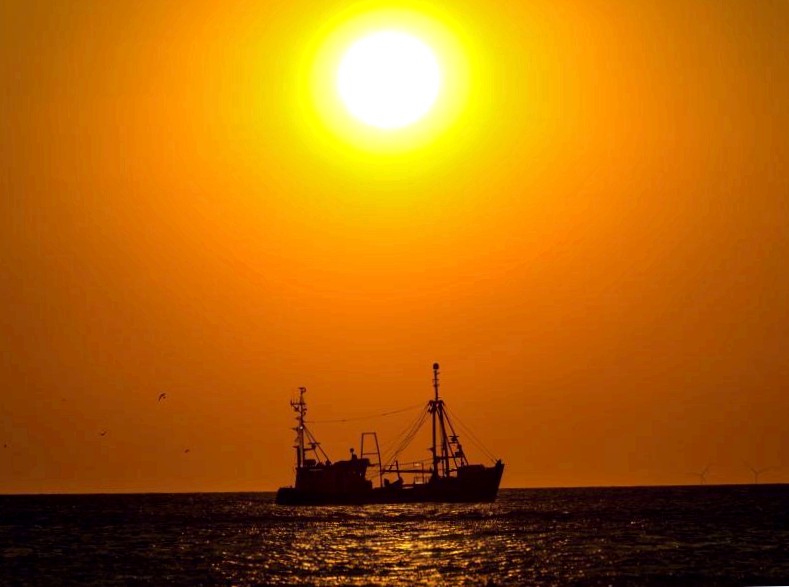Less cod, more mackerel for german north sea fishermen

German north sea fishermen will have to make do with significantly smaller catches of cod and saithe next year.
EU fisheries ministers agreed in brussel on fishing quotas in the north sea and northeast atlantic for 2020. Other important species such as mackerel and haddock, on the other hand, are expected to show a significant plus.
The EU commission believes that the agreement will achieve sustainability goals. German fishermen and the federal government are also satisfied. Environmentalists, on the other hand, criticize that stocks continue to be overfished.
A 50 percent reduction in the allowable catch of the popular food fish cod is planned. Germany will still have to pay around 1600 tons. A 15 percent reduction is planned for pollock (around 8300 metric tons). The mackerel catch can be significantly expanded by 41 percent with 23.400 tons for germany.
"German fisheries will be able to live with these odds," said spokesman claus ubl of the german fisheries association in hamburg. The decline in pollock will hurt the industry. "But that is the natural fluctuation, and as a fisherman you have to live with it."The herring catch of around 39,400 tons remains unchanged.
Every year, the EU member states set the total allowable catches for the north sea and the northeast atlantic. On this basis, the national catches are allocated to the individual countries on the basis of fixed distribution caps.
The EU commission usually proposes quotas on the basis of scientific recommendations. Then it is a matter of negotiating the interests of the fishing industry against environmental concerns and ensuring the continued existence of the fish species. Catch quotas are for one year at a time.
Umkampft was the decision to the cod. German plates are usually served with cod from an unprotected stock in the polar barents sea, said ubl. The small catch of 1600 tons is not a problem for german fishermen because cod is more of a by-catch in the north sea.
The population there almost collapsed a few years ago and is only slowly recovering. The relevant scientific body, the international council for the exploration of the sea (ICES), therefore recommended that the catch be reduced by 61 percent.
EU agrees with norway, a non-member, to reduce cod catches in the north sea by only 30 percent. Finally, brussel and oslo reached a political compromise: 50 percent less. Cod to be helped with other conservation measures such as spawning protection zones.
Stella nemecky of the nature conservation organization WWF, however, criticized: "the stock has only recently started to improve – after a stock collapse in the mid-2000s and many years of recovery plan." But too early raised catches showed sad effects.
"The eu has again failed to follow scientific recommendations," said expert katja hockun of german environmental aid (DUH). She sees a problem in the bycatch of cod.
When trolling for fish species such as plaice, many more cod are caught in the net than are subsequently landed. A gross part is thrown back into the sea despite the ban. "These are enormous amounts," she told the german press agency. However, such illegal discards were hardly controlled.
"The fleets will fish next year at a level that will not prevent the recovery of stocks," said the new EU fisheries commissioner virginijus sinkevicius. Fishing opportunities for german fishermen are "satisfactory overall," says federal food minister julia klockner (CDU). For 2020, there are also plans to reduce the cap for plaice by 3 percent. In contrast, an increase of 23 percent is planned for haddock.